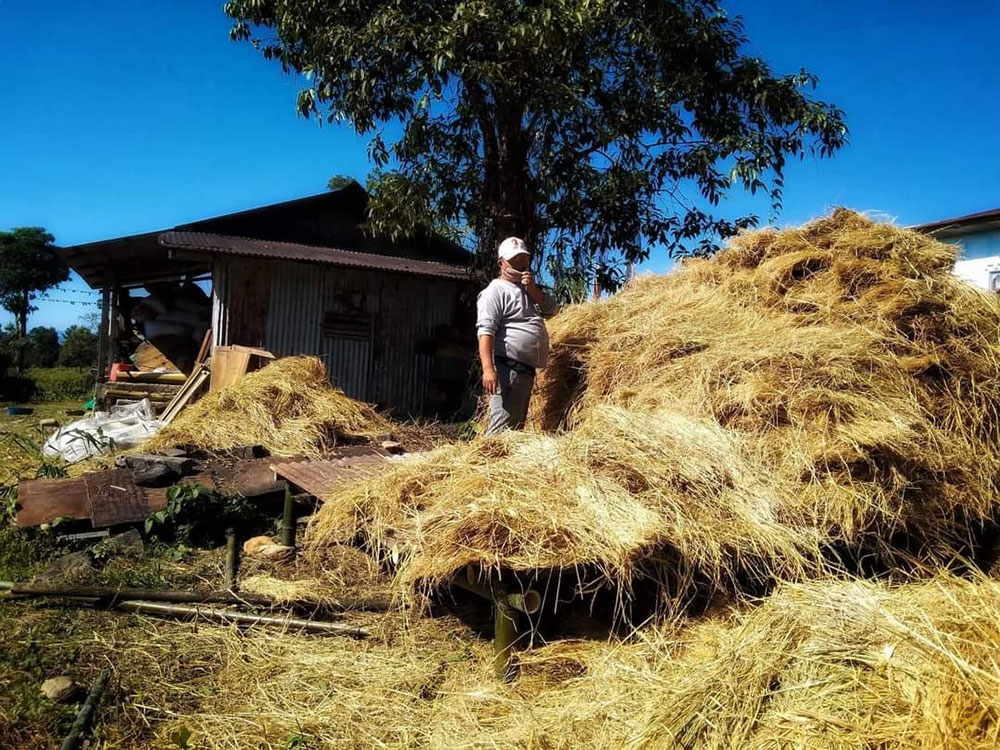Nima
October 2003. Edi, Zhemgang—a war to flush out the heavily armed rebel groups in the southern belt is about two months away.
Six-long years of talks with the separatist groups from Assam and West Bengal to move from their camps out from southern Bhutan has failed.
Karma Tenzin, 31 then, from Edi, was to leave his home, never to return. The whole 41 households from Edi in Phangkhar, Zhemgang were relocated to Gelephu for safety.
Young and old, women and children, walked on foot until Gortey, the nearest road point about eight hours away from Edi towards Gelephu, on foot. The government had arranged trucks, tractors, and pick-up trucks to ferry the people. The evacuation took one and a half weeks, according to Karma Tenzin.
“We were transported batch-wise towards Sarpang. It all happened suddenly. We could bring only our necessities: gho, kira and cooking pots,” he said.
The government had readied an evacuation camp in Lekithang, Gelephu. The whole community lived together for almost two months in the temporary shelter until the military campaign was completed successfully in December.
“The threat from the rebel groups was increasing. The security of the country was at stake. Our village was along the common route the rebel groups used to move from Panbang and Nganglam,” said Karma Tenzin.

There are more than 50 households at Dechenpelri today
New home, high hopes
Located about seven kilometres away from Gelephu town, Dechenpelri, commonly known as Edi, lies on a hill overlooking the Gelephu town.
The village is home to Edipa, a Kheng community that moved from Panbang, Zhemgang in 2003.
In almost two decades, Edi has changed into one of the biggest chiwogs in Samtenling gewog, from once a secluded settlement covered in thick covers.
“His Majesty The Fourth Druk Gyalpo visited us when we were at the camp. The King gave us three acres of land each as Soelra. This is the best thing that happened to us,” said Karma Tenzin.
He added that only a few people chose to reside in Dechenpelri before Edipas reached the place. “Locals who couldn’t settle here returned. It was difficult to settle here in the beginning but we have grown into a bigger village today,” he said.
Support from Tarayana Foundation
Until the start of the Tarayana Foundation projects in Dechenpelri in 2009, people from Dechenpelri lived in small huts for almost a decade.
The Foundation helped build more than 40 permanent houses and drinking water supply lines.
Field officer with Tarayana Foundation, Namgay, said that people own better homes today.
“The foundation also helped people venture into large scale vegetable farming. They could live comfortably during the lockdown and have a better source of income today,” he said.
Locals from the village claimed the village was among the first to manufacture bricks in Sarpang with support from the Tarayana Foundation. The main objective was to help build homes for the locals.
“We formed groups and supplied bricks to those building houses in the village. Later, we also started supplying bricks to other gewogs,” said Karma Tenzin.
He added that the people from Gelephu and other places visited Dechenpelri to learn brick and tiles production. “There were no bricks manufacturing unit in the dzongkhag. Others started to manufacture bricks and we couldn’t continue our business after 2014.”
To help the community stay informed about important government notifications and development, Tarayana Foundation also established a community radio in 2014.
His Holiness the Je Khenpo Trulku Jigme Chhoeda named the place as Dechenpelri in 2005. His Holiness visits the village annually.
Locals from Dechenpelri travel to their old homes in Panbang every winter to sell mandarin.


